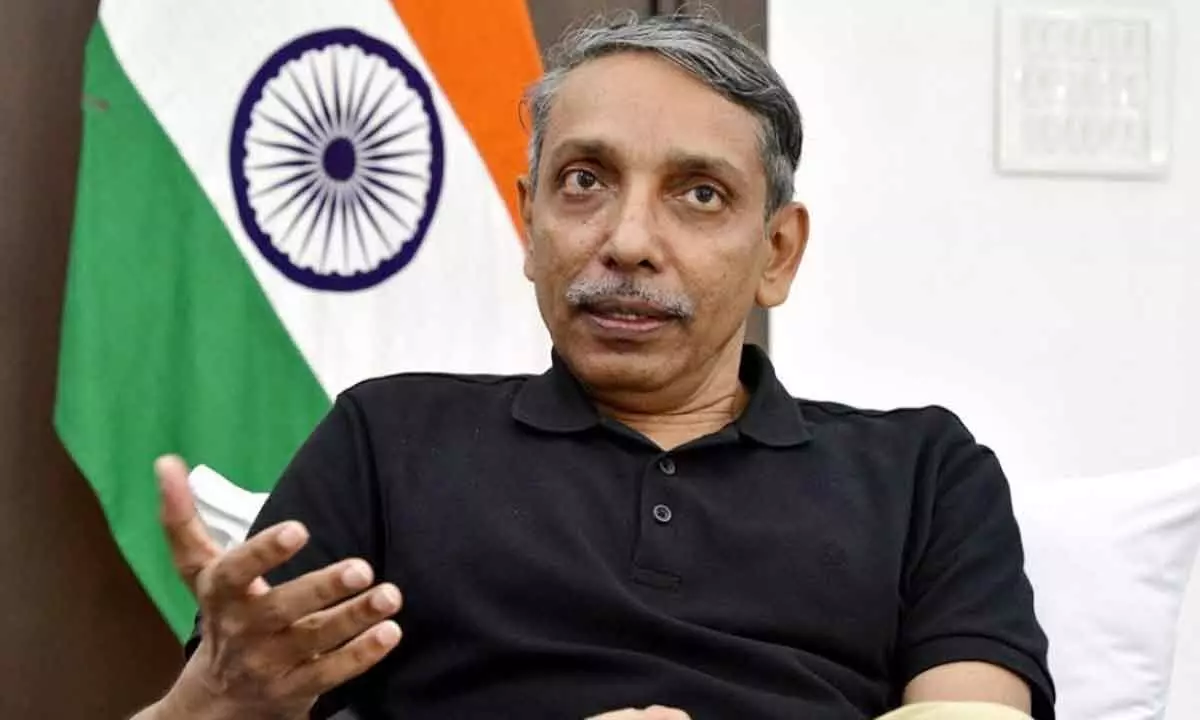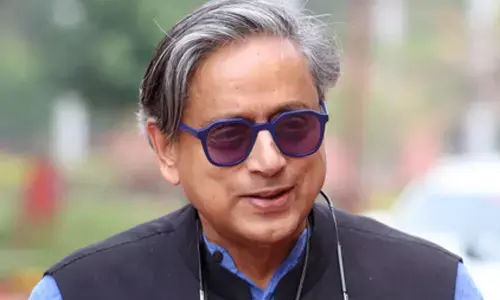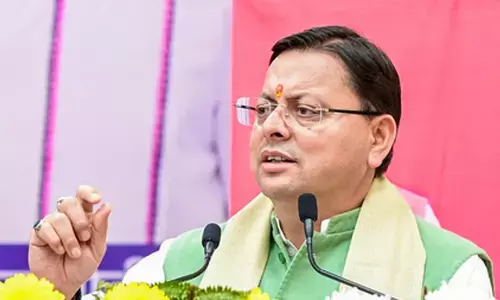Higher education institutions can admit students twice a year, says UGC Chairman
Share :

In a significant development, the UGC has taken a policy decision to allow higher education institutions to admit students twice a year, in January/February and July/August, from the next academic year.
UGC Chairman Professor Mamidala Jagadesh Kumar told IANS on Tuesday.
Currently, UGC Regulations allow the Higher Education Institutions (HEIs) to admit students in one academic session in a year starting in July/August.
An 'Academic session' is of 12 months, beginning in July/August. Indian HEIs, therefore, follow the academic session that begins in July-August and ends in May-June.
The Chairman of UGC, said, "If Indian universities can offer admission twice a year, it will benefit many students. Such as those who missed admission to a university in the July/August session due to a delay in the announcement of board results, health issues, or personal reasons. Biannual university admissions will help students maintain motivation since they do not have to wait one full year to be admitted if they miss admission in the current cycle. With biannual admissions in place, Industries can also do their campus recruitment twice a year, improving employment opportunities for the graduates."
Earlier UGC had decided in its 571st meeting to permit biannual admissions under Open and Distance Learning (ODL) and Online modes in January and July during an academic year.
After UGC permitted two cycle admissions in a year for ODL and Online modes, as per the information furnished by the HEIs on the UGC DEB portal, in addition to a total of 19,73,056 students were enrolled in July 2022 and an additional 4,28,854 students joined in January 2023. These numbers show that permitting a second academic session in a year has helped nearly half a million students join their degree programmes without waiting for one full academic year.
Considering the tremendous response and interest from the students in ODL and online programmes in biannual admissions, the UGC took the policy decision to allow HEIs which offer programmes in regular mode to admit students twice in a year, either in January/February or July/August from the coming academic year.
With this decision, HEIs offering programmes either in online/ODL mode or regular physical mode will be able to admit students twice in year.
Prof Jagadesh Kumar said those HEIs that have the required infrastructure and teaching faculty can utilize the opportunity to admit students biannually.
However, he made it clear that offering biannual admissions is not mandatory for the HEIs.
"It is the flexibility that UGC provides to the HEIs who want to increase their student intake and offer new programmes in emerging areas. To be able to admit students twice a year, HEIs must make suitable amendments to their institutional regulations," he said.
Biannual admissions will also enable the HEIs to plan their resource distribution, such as faculty, labs, classrooms and support services, more efficiently, resulting in a better functional flow within the university. Universities worldwide already follow a biannual admission system.
"If Indian HEIs adopt the biannual admission cycle, our HEIs can enhance their international collaborations and student exchanges. As a result, our global competitiveness will improve, and we will align with the global educational standards," the UGC Chairman added.
"UGC believes that biannual admissions can substantially increase the Gross Enrolment Ratio and make India a 'Global Study Destination' as envisioned in National Education Policy (NEP) 2020. If HEIs adopt biannual admissions, they need to work on administrative intricacies, good planning for increased use of available resources, and providing seamless support systems for the smooth transition of students admitted at dissimilar times of the year. HEIs can maximise the usefulness of biannual admissions only when they sufficiently prepare the faculty members, staff and students for the transition," Prof Jagadesh Kumar added.













